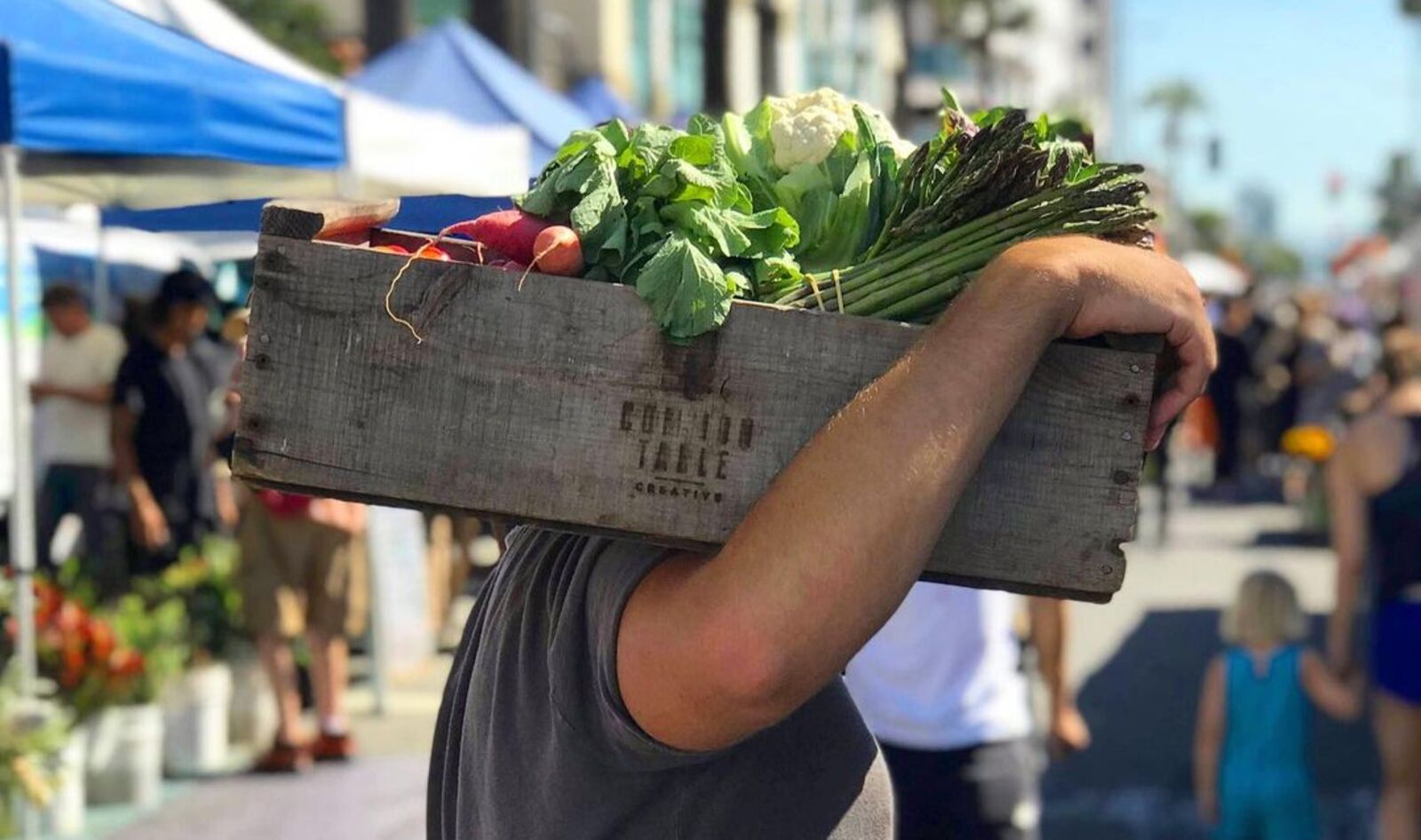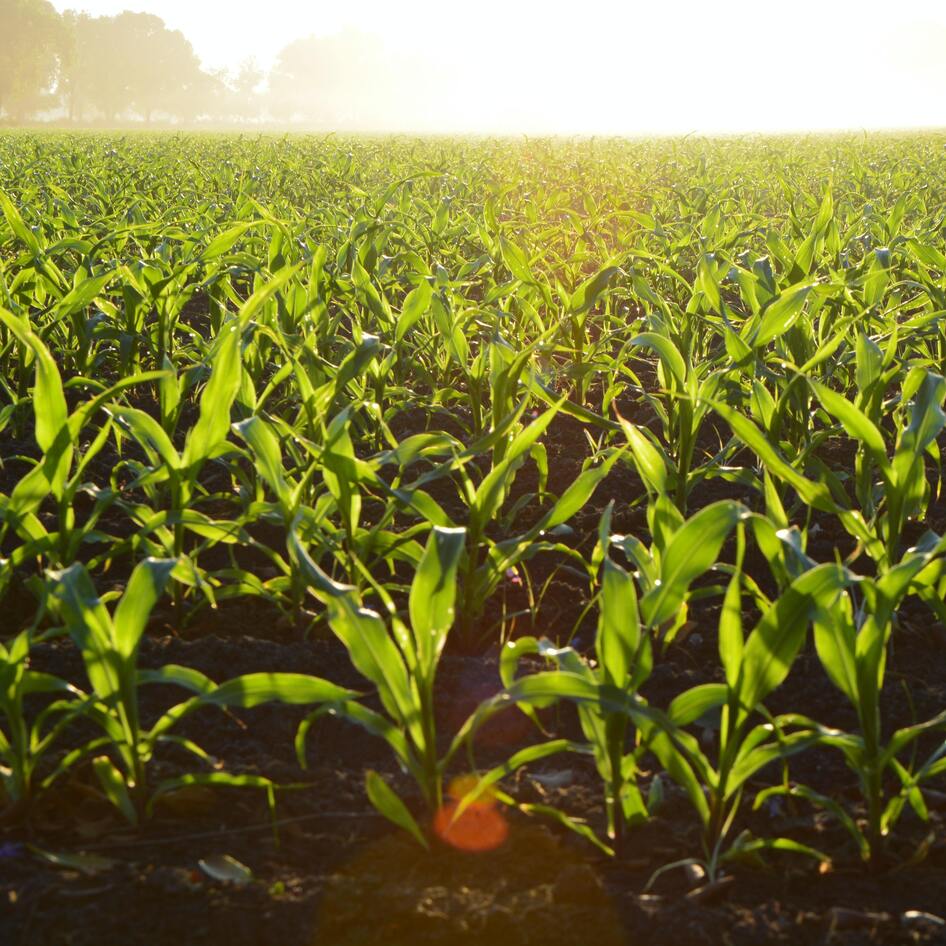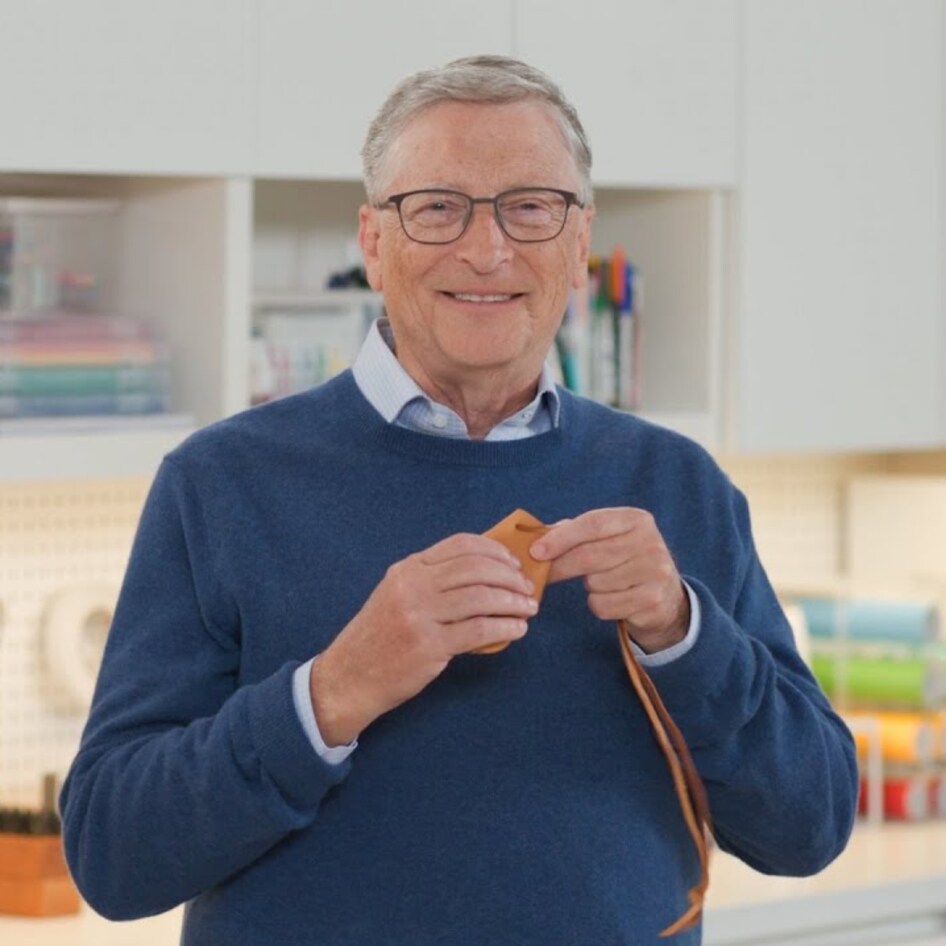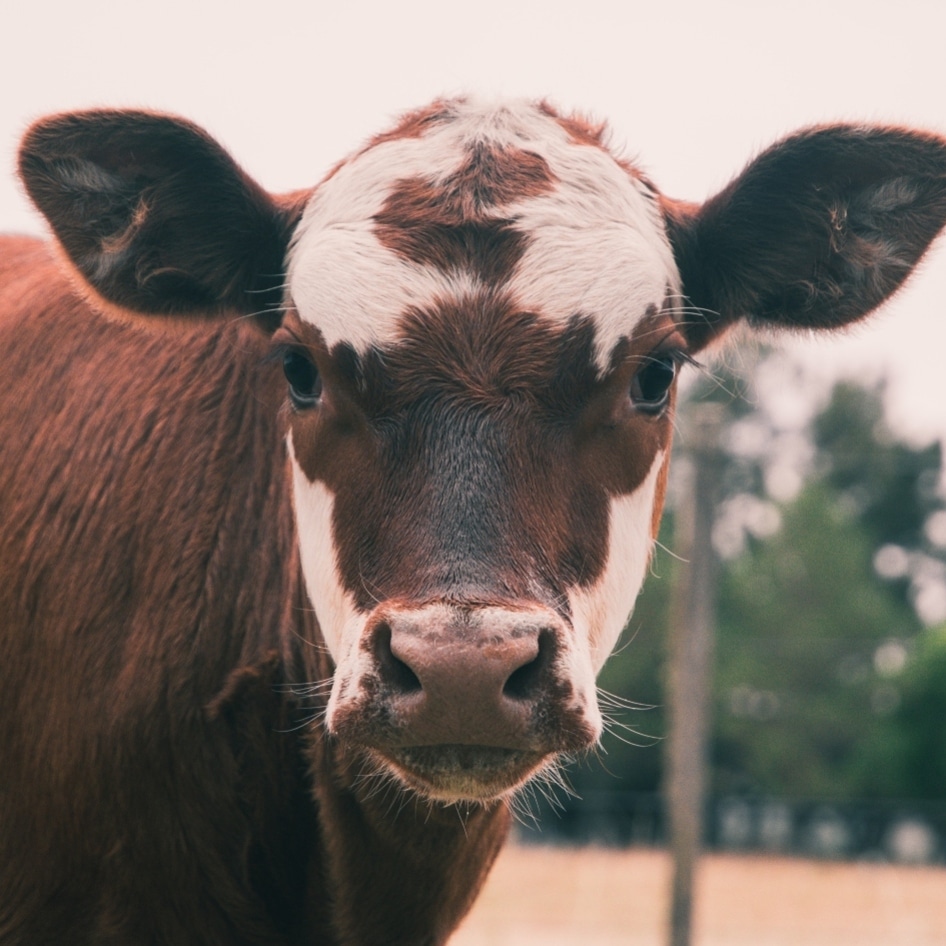“Feeding Tomorrow is the people who grow food and the people who eat food working together to transform the entire ecology of the planet,” says farmer Mark Shepard in the new documentary Feeding Tomorrow, released on January 23.
The film, which has already won multiple awards, including Best Feature Documentary at the Ceres Food Film Festival, guides viewers through the current reality of the food system, which prioritizes fast and cheap production, and as a result, is destroying ecosystems, fuelling climate change, and threatening our health. But, as the name suggests, the key focus of Feeding Tomorrow is also the many solutions that are already available to us when it comes to fixing this broken food system.
Right now, the livestock industry is responsible for 14.5 percent of global emissions, and it’s also a leading driver of deforestation and habitat destruction. But even in crop farming, agriculture is replacing natural vegetation, leading to soil erosion and vast land degradation. In the last century and a half, 50 percent of the planet’s topsoil—where most of the soil’s nutrients are held, and where seeds germinate and plants grow—has been lost.
Feeding Tomorrow proves it doesn’t have to be this way. Shepard, one of the central figures of the film, is renowned for taking a worn-out Wisconsin farm and turning it into one of the most ambitious and advanced permaculture sites in the whole of North America. Instead of depleting the land, Shepard’s approach helps to regenerate it. Under permaculture practices, ecosystems flourish, and they become adaptive and resilient, too, and all of this helps to create a healthier, more sustainable base for food production.
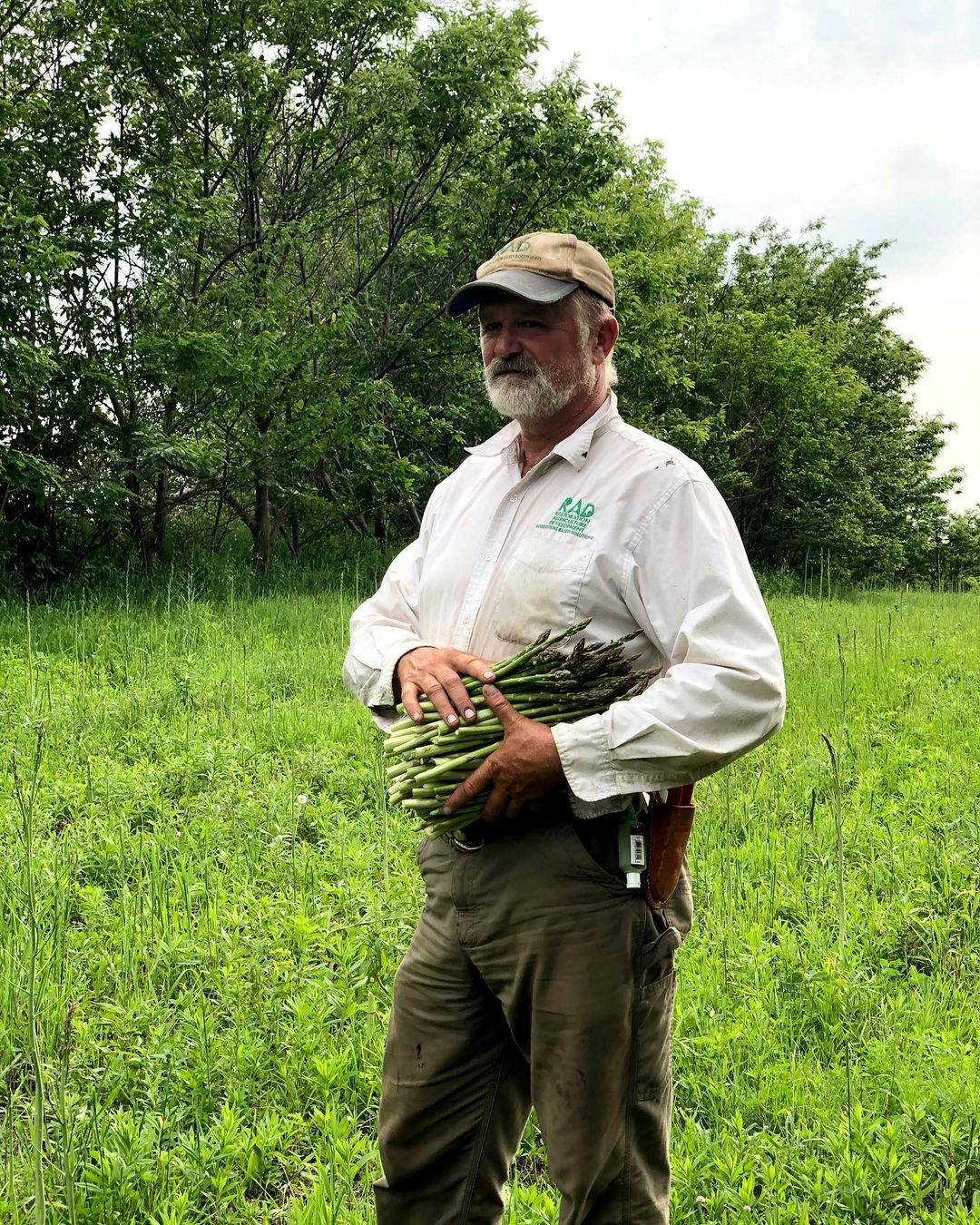 Feeding Tomorrow/Instagram
Feeding Tomorrow/Instagram
The film also follows nutritionist Lisa McDowell, who built the first working hospital farm to emphasize the potential medicinal benefits of plant-based foods, as well as Thabiti Brown, an educator with a holistic approach that prioritizes the health and well-being of children. Because, as well as being good for the earth, localized, plant-forward approaches to food are good for our health, too.
Multiple studies have suggested that following a whole-food, plant-based diet is one of the healthiest ways to live. Plus, locally grown food is also fresher and more nutritious.
Our current food system, however, is likely making us more prone to disease. This is demonstrated in areas where fresh, healthy food is harder to access (commonly called food deserts), where rates of heart disease and diabetes are significantly higher.
“Without a ton of resources or connections, [Shepard, McDowell, and Brown] all set out to create a new model and show us that we have many of the solutions to the biggest environmental, health, and social problems at hand, today,” filmmaker Oliver English told VegNews.
“We are at a fundamental turning point in the history of our food system. We are either going to start to turn the ship around in a big way, growing a more just and regenerative food system, or we are going to continue to suffer increasingly devastating consequences around the world,” English said.
His fellow filmmakers include cinematographers Simon English and Mark Miller, entrepreneur Rebecca Walter, influencer Ethan Hethcote, and plant biologist James Bellis.
Finding support for the solutions
With Feeding Tomorrow, the team hopes to bring “large-scale, systemic awareness” to the issues in our food system, as well as “galvanize public opinion and support” for the solutions we have. For many of us, showing that support can be as simple as changing the way we shop and the foods we buy.
“For everyday consumers, it means making consumption choices when and where we can,” English said. This includes actions like going to farmers’ markets, eating more plants, and supporting local, organic, and regenerative agriculture when possible.
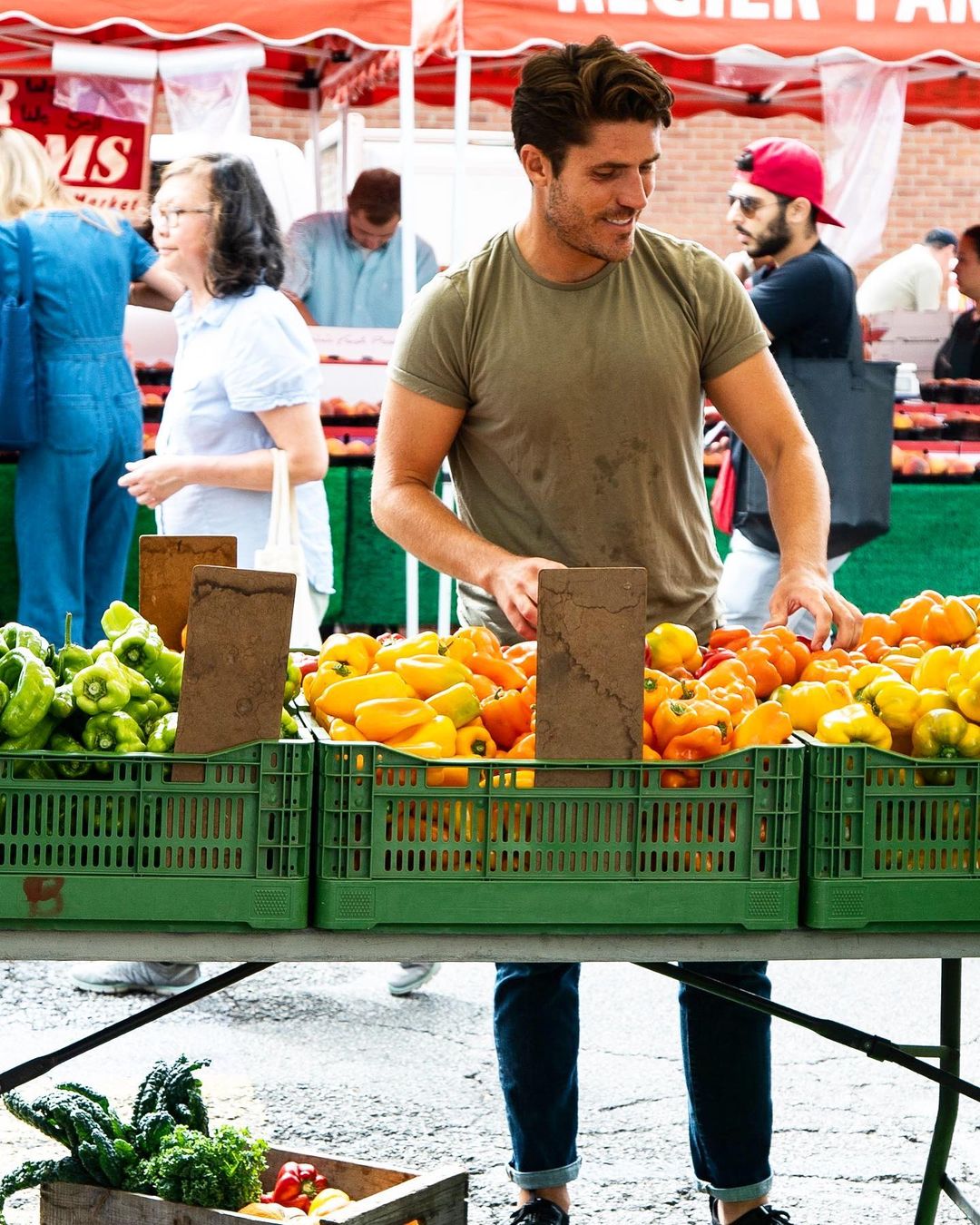 Oliver English
Oliver English
But public support alone isn’t enough. When it comes to transforming the food system, policy changes are imperative. “From the top down, we need to influence policymakers from the local to the national level to magnify our efforts by encouraging and paying farmers to transition to holistic, regenerative systems of food production,” he added.
The film is partnered with the American Farmland Trust, the National Resource Defense Council, and Regenerate America, all of which have initiatives to influence the Farm Bill—the package of legislation that impacts food production in the US—to support more regenerative farming models across the country.
“As we take a step back and look at all of the interconnected challenges we face, from agriculture to healthcare and education, I think it’s important that we approach the solutions with a holistic lens,” English said. “Rather than the segmented, isolated ‘apply a short-term bandaid’ kind of lens we have been using to address many of the challenges we face.”
After making Feeding Tomorrow, English remains hopeful and inspired that change can happen. The next step is to get all of the viewers on board with him.
“Visiting and learning from all of these farmers has shown me firsthand how truly powerful our food choices are,” he said. “And it begins with where we are getting our food, the farms and farmers we are supporting, and what we decide to eat.”
“It includes putting plants at the center of your plate, and eating lots of colors,” he continued. “We all have the power to switch the paradigm with how we vote with our forks every day.”
To find out more about Feeding Tomorrow, which is available to stream on Prime and Apple TV, click here.
For more on documentaries, read:
JUMP TO ... Latest News | Recipes | Guides | Health | Subscribe

